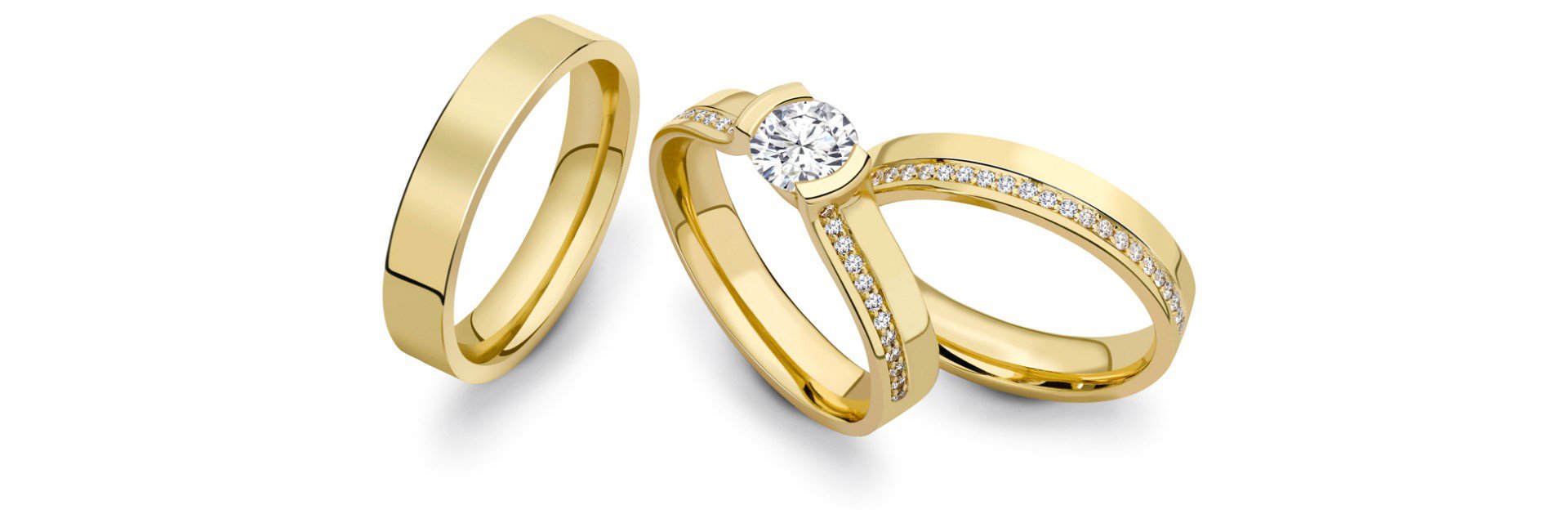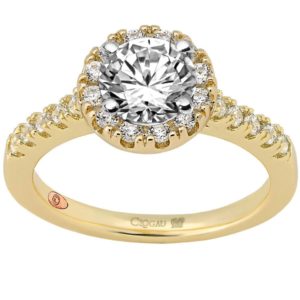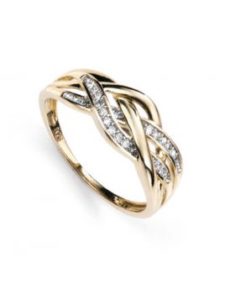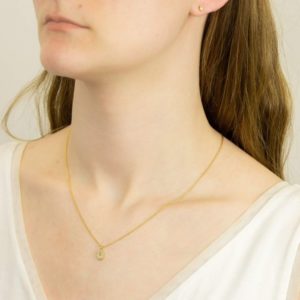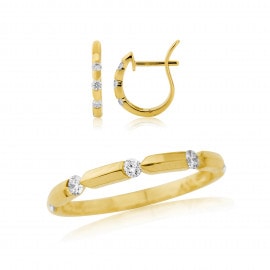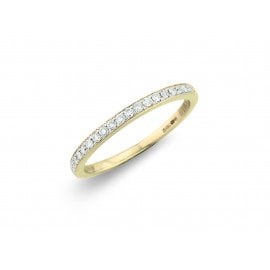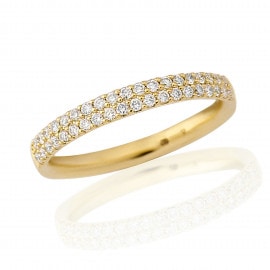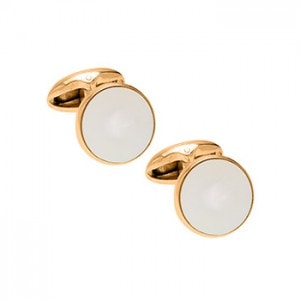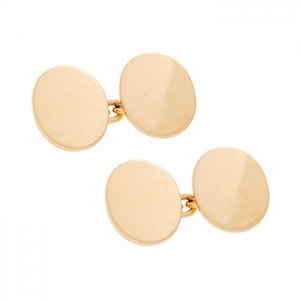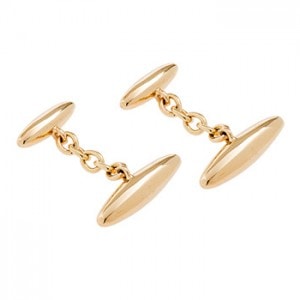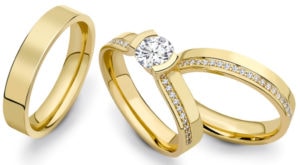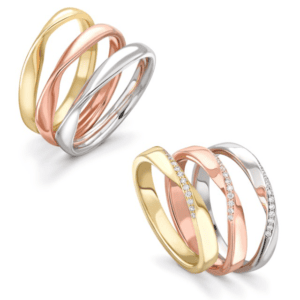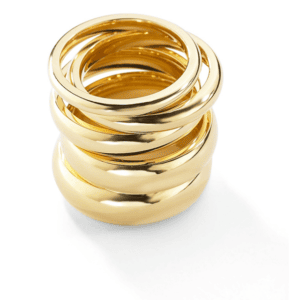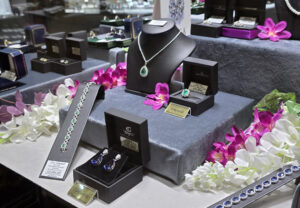Gold, the precious metal that has captivated humanity for centuries, holds a significant place in various cultural and historical contexts. One such domain where gold reigns supreme is weddings. As a symbol of wealth, luxury, and enduring love, gold has adorned wedding ceremonies across diverse cultures and time periods, leaving an indelible mark on the institution of marriage. In this article, we delve into the fascinating history of gold, and its cultural significance, and explore why gold continues to be a cherished element in wedding ceremonies.
Gold’s allure can be traced back to antiquity, as it has been prized by civilisations throughout history. The earliest evidence of gold mining dates to ancient Egypt, where it was revered as the “flesh of the gods” and reserved for royalty and deities. Beyond Egypt, gold was highly treasured by civilisations such as the Greeks, Romans, Persians, and Indians, among others. Its rarity, beauty, and malleability made it an ideal material for creating intricate jewellery, religious artefacts, and objects of wealth and status. As gold became a symbol of power, it was used to adorn kings and queens, reflecting their elevated position in society.
The association of gold with weddings can be found in numerous cultures worldwide. In many traditions, gold is considered an auspicious metal that symbolises prosperity, purity, and blessings for the couple embarking on their marital journey.
In many Eastern cultures, such as India and China, gold is integral in wedding rituals and traditions. Gold jewellery, often passed down through generations, is presented to the bride as part of her dowry or as a gift from the groom’s family. It represents the family’s wealth, social standing, and serves as a form of financial security for the couple. Additionally, gold is believed to bring good fortune and ward off evil spirits, making it an essential element in wedding ceremonies.
In Western cultures, gold is also highly esteemed at weddings. Wedding bands, often traditionally made of gold, are exchanged between partners as a symbol of their commitment and eternal love. The circular shape of the rings signifies unending unity and the precious metal represents the enduring nature of their bond. Gold’s timeless beauty and value make it a cherished symbol of love and devotion.
Furthermore, gold holds a significant emotional value for many individuals. It is often passed down through generations as heirlooms, carrying sentimental meaning and family history. In addition to its emotional appeal, gold also retains its value over time, making it an investment that couples can cherish beyond their wedding day.
As a retailer, stocking a range of gold wedding suppliers, from wedding bands to groomsmen and bridesmaid gifts, allows you to tap into a market that values quality and prestige, attracting customers who are willing to invest in lasting symbols of their love and commitment.
Here is a selection of approved suppliers to the Company of Master Jewellers.
Clogau
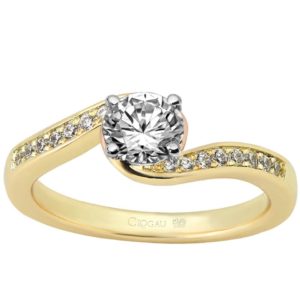
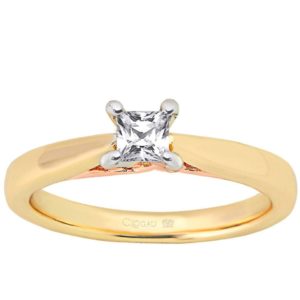
Gecko
Mark Milton
Philip Kydd
Stubbs & Co.
Gold’s history and significance in weddings are deeply ingrained in cultures worldwide. Its timeless beauty, association with prosperity, and symbolism of eternal love make it a fitting element in the sacred union of marriage. Whether it’s adorning the bride, exchanged as wedding bands, or used in decorative elements, gold holds a cherished place in the hearts and traditions of countless couples as they embark on their journey of love and togetherness.

